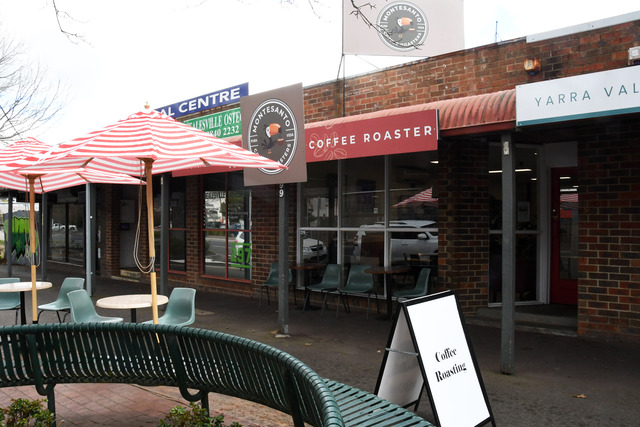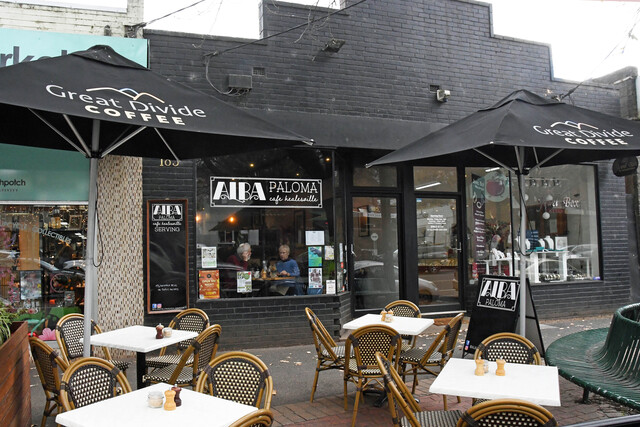By KATH GANNAWAY
THE Eastern Community Legal Centre (ECLC) has strongly welcomed the findings of the Royal Commission into Family Violence, praising the depth and breadth of the report and its 227 recommendations.
The ECLC operates services in Healesville with outreach to Yarra Junction and is currently conducting a legal needs study across the hills area of Yarra Ranges to establish what the needs are there.
The historic report was tabled in parliament on 30 March, 2016, and released by Premier Daniel Andrews and Commissioner Marcia Neave AO.
ECLC CEO, Michael Smith, said the Royal Commission had established a clear systems approach to tackling family violence with recommendations across prevention, response, support, justice and legal systems as well as perpetrator accountability.
“It has clearly heard the voices of victim/survivors as well as professionals and agencies working in this field for many years, including the expertise of our centre and our many colleagues and partners,” Mr Smith said.
Referring to statements in the report which identify that all parts of the system – support services, police and the courts – are being overwhelmed, he said the report identified a doubling of family violence incidents in Melbourne’s East in the last five years (to 2013-’14).
Speaking specifically of Yarra Ranges, Mr Smith said for a very long time awareness of family violence had gone unrecognised.
“It has been pretty disappointing because people didn’t see what the issues were and didn’t recognise the issues,” he said.
“In the last two or three years however, that has really changed.
“The community has a stronger sense of what those issues are and we’ve seen much more awareness and reporting to police, and a much greater response by police.”
ECLC made three submissions to the Royal Commission focused on specific projects and expertise.
Recommendations that address specialist magistrates, registrars, staff and facilities at courts they say acknowledges the Ringwood Family Violence Integration Project, an ECLD-led partnership.
They have welcomed also recommendations around safe waiting areas, multi-media information about the intervention order process that is available online and in court waiting areas, the importance of specialist family violence and legal services working closely together and improved Residential Tenancies Act legislation and VCAT procedures in cases where family violence impacts on tenancies.
Mr Smith said the report makes it clear that the courts have a leadership role.
“A lot of the recommendations are in terms of the courts being on the front foot and more active,” he said.
Accessibility is a big factor for people in outlying areas.
“People, often with kids, have to travel to make a report and then travel back and forward often several times.
“We are hoping the courts will be more pro-active in how they manage those things, being more flexible in response to people’s needs.”







